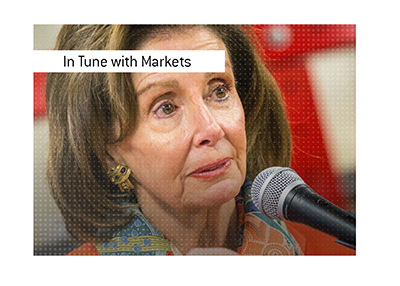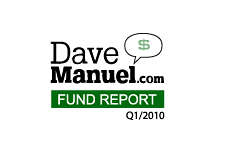Naked Short Selling: What Is It Exactly?
 Naked short selling is probably one of the most misunderstood concepts in the stock market. You ask some people and they will tell you that naked short selling is everything that is wrong with the stock market, and if it was permanently banished, the market would flourish.
Naked short selling is probably one of the most misunderstood concepts in the stock market. You ask some people and they will tell you that naked short selling is everything that is wrong with the stock market, and if it was permanently banished, the market would flourish.There are others that will tell you that naked short selling is actually important, and while technically illegal, puts a leash on some of the most scammy and scummy microcap stocks out there. They will tell you that during the microcap craze of the 1990's, many more investors would have been harmed if naked short selling wasn't around to rein in some of the ridiculous advances that these microcap stocks embarked on.
To understand naked short selling, you need to first understand short-selling in general.
A "short sale" is when you borrow shares of a stock from someone (usually a bank or a prime broker holding shares in a "street" name, sell these shares, and then (hopefully) but them back at a lower price. So by selling shares without actually owning them, you are hoping that the share price declines so that you can buy back the shares at a lower price, return them to their original owner, and pocket the difference.
So let's take MSFT. You decide that the share price is destined to fall, so you sell short 1000 shares at $30.00. You borrow these shares (you get changed interest for this), and if the share price of MSFT falls to $29, then you pocket $1k before commissions. Reversely, if the share price moves to $31 and you choose to "cover" (buy the shares back), then you would lose $1k before commissions. With short-selling, your losses are conceivably unlimited. When you buy a stock, your maximum potential loss is 100% of your investment; with short-selling, you could potentially lose 500%, 1000% or more.
Recently introduced Regulation SHO would prevent the shorting of a stock before shares are able to be located, but this hasn't stopped naked short-selling at all.
So what is naked short selling? Naked short selling means that you aren't shorting the shares the "proper" way, meaning, shares aren't located so you can short them.
Naked short selling means that if a microcap stock called XYZ rises 500% and the stock has basically no shares in its float (and thus, probably no shares available to short), you can just sell the shares of the stock short without first locating shares that a bank, mutual fund or prime banker (or maybe a plain shareholder) has available for you to short.
Let's say that XYZ has only 200k shares in its float. The odds of any shares being made available to short is extremely small. With naked short-selling, you just sell shares without first locating shares to borrow first.
Those who are against naked short selling will tell you that this creates an unfair amount of downside pressure on a stock. How can you sell shares that aren't available to borrow, they will say. Conceivably, through naked short selling, you could mount a "bear attack" on a stock and just keep selling shares until stop losses get hit and others start selling, creating a panic in a stock.
Those who are in favor of naked short selling will tell you that it is a necessary evil. They will tell you that it is necessary to keep microcap stocks in check, and that without naked short selling, some of these scammy issues that rise 200% in a day would actually rise much more than that, cause innocent investors to actually lose much more money in the end if they buy in high.
Those who are against naked short selling will often talk about "short and distort." This refers to people selling a stock short, through naked short selling or regular short selling, and then smearing a company in order to drive shares of the stock down, further enhancing their profits.
On the other side of the argument are those that say that people who are long a stock can just as easily "pump and dump", endlessly hyping a stock only to sell it when interest is at its highest.
Rules are different in different countries. Some countries will allow naked short selling; some don't. Firms in Canada (especially Vancouver) used to be used extensively for those engaging in naked short selling. It was a big advantage back in the late 90's when you needed to get short a stock fast, especially a stock with a low float that had no shares available to borrow.
So where does your opinion fall in the naked short-selling debate? Are you for it or against it?
Filed under: Stock Market Education | General Knowledge



